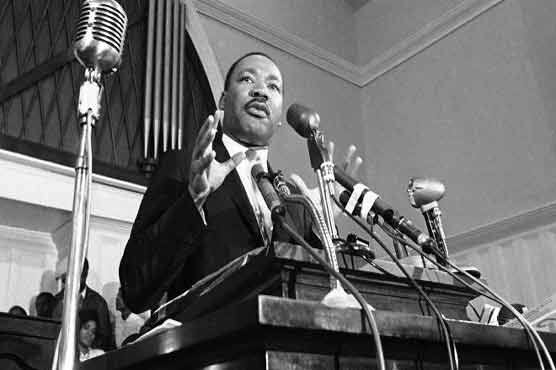New Martin Luther Kings audio interview found

A US man says he has discovered the audio tape of an interview Dr. Martin Luther King Jr.

A US man says he has discovered the audio tape of an interview Dr. Martin Luther King Jr.